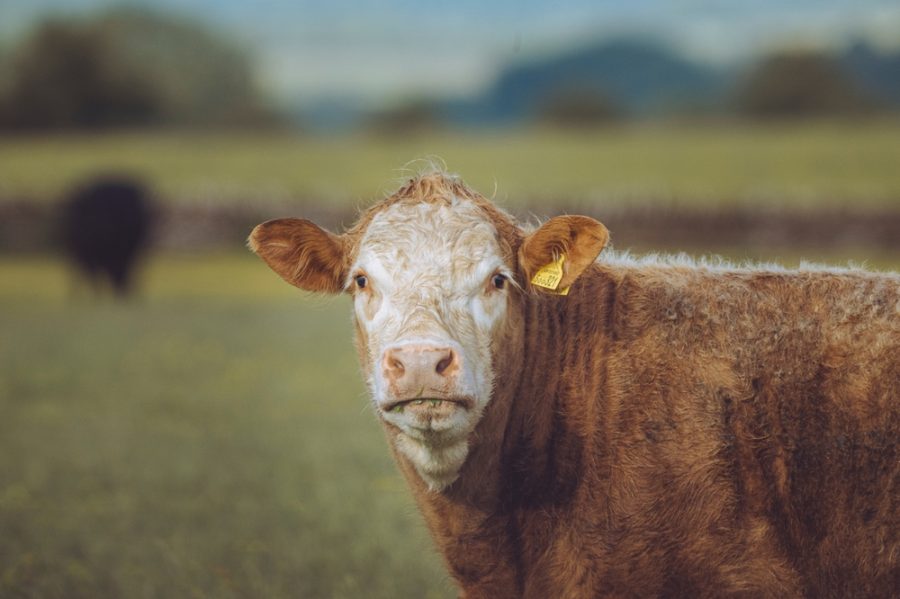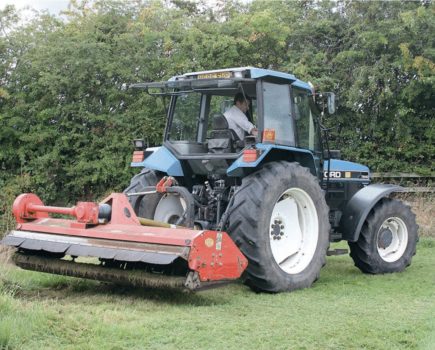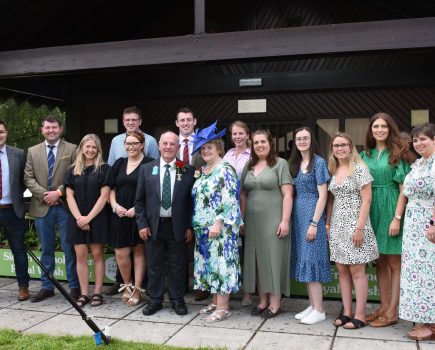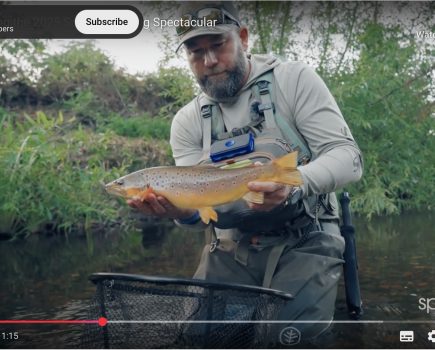There is now a general licence available for bluetongue serotype 3 (BTV-3) vaccine covering the whole of England, meaning all livestock keepers in England are able to use any of the permitted BTV-3 vaccines without applying for a specific licence.
However, they must still meet the legally-binding conditions of the general licence for any vaccination activity.
Unlike the authorised BTV vaccines for other BTV serotypes the BTV-3 vaccines reduce rather than prevent viraemia (presence of BTV virus in the blood). This means that they may not prevent your animals from being infected or infectious, depending on the vaccine their claims include reduction or prevention of clinical signs experienced or mortality. For this reason, all movement controls and trade restrictions in place will still apply to vaccinated animals.
Vaccination status will not affect movement restrictions which remain in place and apply to all ruminants and camelids moving out of restricted zones and to the movement of their germinal products within zones. Farmers are reminded to only move animals where this is absolutely necessary.
Defra recommends that animal keepers work with their veterinarians to decide if vaccination is right for their animals. Farmers in England are urged to contact their private veterinarian if considering use of any of the permitted BTV-3 vaccines.
More information about bluetongue is available on gov.uk, and information on the vaccines can also be found on gov.uk.
More news like this can be found in The Country Smallholder magazine. Subscribe here.
For FREE updates from the world of smallholding, sign up for The Country Smallholder newsletter here.







